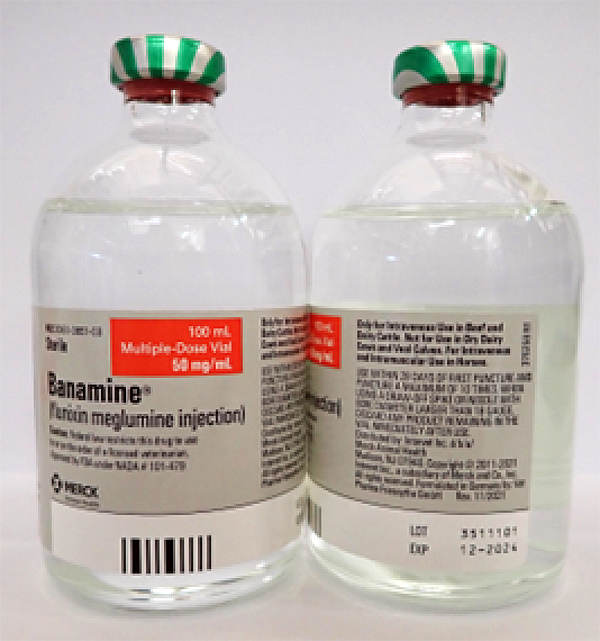Signs of Blister Beetle Poisoning
October 27, 2023 Comments Off on Signs of Blister Beetle Poisoning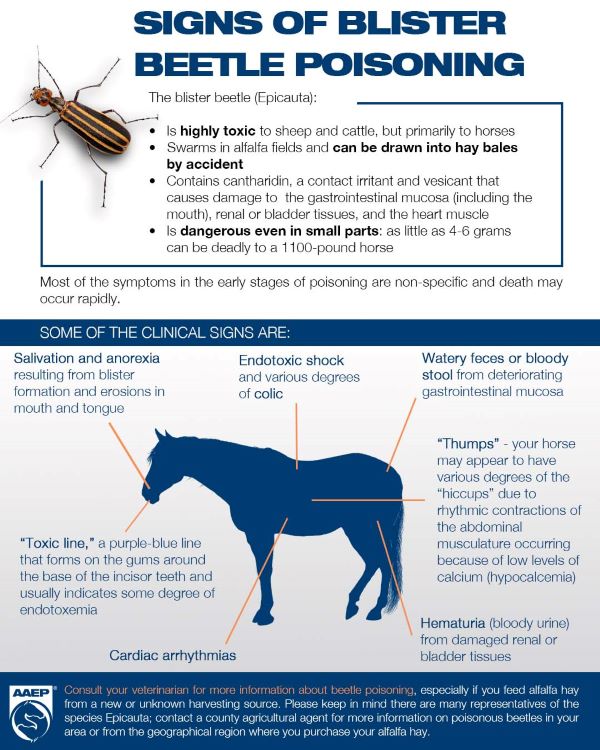
From AAEP: Here is your reminder to check your alfalfa for the presence of blister beetle prior to feeding it to your horses—especially if you feed alfalfa hay from a new or unknown harvesting source. “The blister beetle (Epicauta) is highly toxic to sheep and cattle, but primarily to horses,” says AAEP member Dr. Benjamin […]
Continue reading …UC Davis Identifies and Confirms Genetic Cause of Night Blindness in Certain Breeds
October 23, 2023 Comments Off on UC Davis Identifies and Confirms Genetic Cause of Night Blindness in Certain Breeds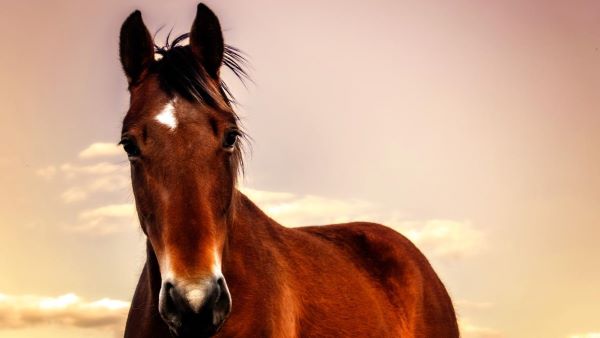
From UC Davis: By Liza Crissiuma Gershony, October 16, 2023 A new collaborative research study led by Dr. Rebecca Bellone of the UC Davis Veterinary Genetics Laboratory (VGL) provided further evidence that the CSNB2 allele causes congenital stationary night blindness (CSNB) in the Tennessee Walking Horse. Night blindness refers to the inability to see in low light conditions, such as at […]
Continue reading …EC TV – How To Wrap Legs Properly with Cooper Evans
October 1, 2023 Comments Off on EC TV – How To Wrap Legs Properly with Cooper Evans
In this EC TV video, Trainer Cooper Evans of Star Performance Horses, Inc. in Riverton, Utah, demonstrates two different methods for properly wrapping front legs as well as a tutorial on how to wrap back legs. Click here to access the video on our EC TV channel:
Continue reading …Do You Know How and Why to Feel Your Horse’s Digital Pulse?
September 29, 2023 Comments Off on Do You Know How and Why to Feel Your Horse’s Digital Pulse?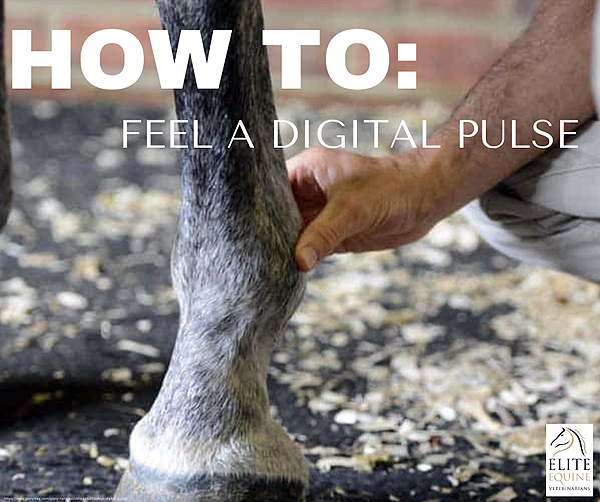
From AAEP (American Association of Equine Practitioners): Do you know how (and why) to feel your horse’s digital pulse? Thanks to the horse doctors at Elite Equine Veterinarians for illustrating this useful skill, which is especially important for horse owners to master as we head into abscess and fall laminitis season. Practice feeling […]
Continue reading …Superficial Wounds: Is Benign Neglect Yay or Nay?
September 18, 2023 Comments Off on Superficial Wounds: Is Benign Neglect Yay or Nay?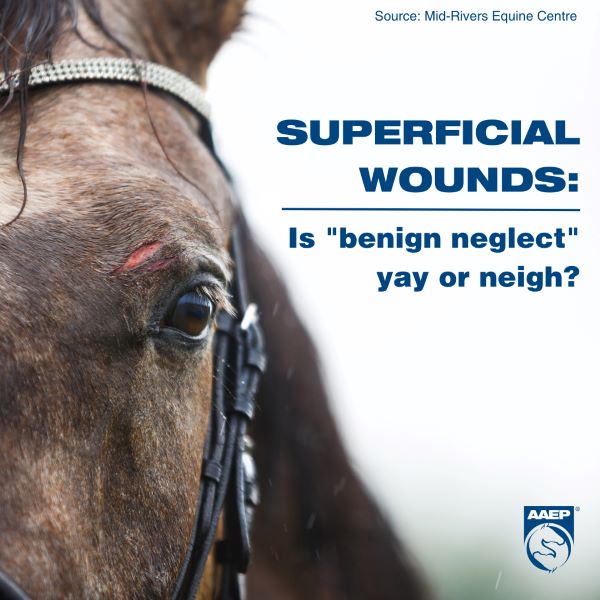
From AAEP, courtesy of Mid-Rivers Equine Centre: How do you approach superficial wound care? Do you apply daily medications or are you in favor of “benign neglect”? Keep reading, the horse doctors at Mid-Rivers Equine Centre have some valuable information to share! “First of all, let’s start by defining what a superficial wound is. A […]
Continue reading …September is Senior Horse Education Month at Equine Guelph
September 11, 2023 Comments Off on September is Senior Horse Education Month at Equine Guelph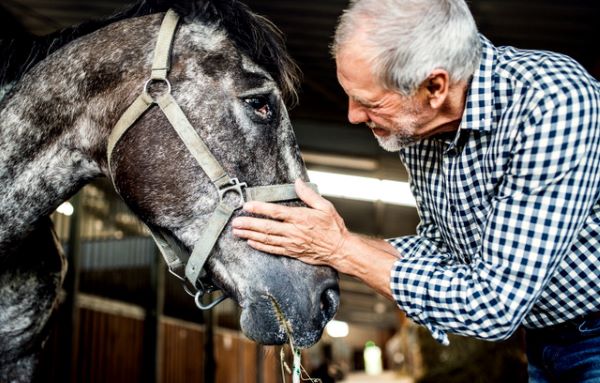
From Equine Guelph August 31, 2023 We love our senior citizens of the equine community. Keeping up with their changing needs as they age becomes easy with the resources available from Equine Guelph. Learning to advocate for the health and welfare of your silent senior is a duty every horse owner will eventually encounter. A […]
Continue reading …Merck Animal Health Issues Voluntary Recall for Three Lots of BANAMINE® / BANAMINE®-S
September 8, 2023 Comments Off on Merck Animal Health Issues Voluntary Recall for Three Lots of BANAMINE® / BANAMINE®-S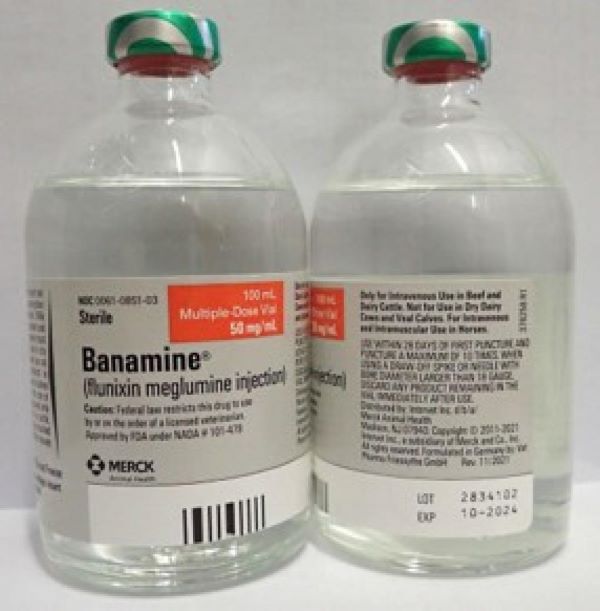
US Food and Drug Administration COMPANY ANNOUNCEMENT Merck Animal Health Issues Voluntary Recall for Three Lots of BANAMINE® / BANAMINE®-S (Flunixin Meglumine Injection) in the U.S., Due to Presence of Particulate Matter Summary Company Announcement Date: September 01, 2023 FDA Publish Date: September 01, 2023 Product Type: Animal & Veterinary Animal Drugs Reason for Announcement: […]
Continue reading …New Celebs with Horses Episode Features Grammy-nominated Artist Lacy J. Dalton
September 6, 2023 Comments Off on New Celebs with Horses Episode Features Grammy-nominated Artist Lacy J. Dalton
By Lisa Wysocky Listen in to learn how a tragic accident changed the course of Lacy’s life and ignited a passion for America’s wild horses. Award-winning author, trainer, instructor and podcaster Lisa Wysocky announces a new episode of the Celebs with Horses podcast on the Horse Radio Network, now part of the Equine Network family. In this episode, […]
Continue reading …Julie Goodnight Talks Strategy: How to Manage Anxiety Under Pressure
September 1, 2023 Comments Off on Julie Goodnight Talks Strategy: How to Manage Anxiety Under Pressure
From Julie Goodnight: Your palms are sweaty and your heart is racing as the seconds tick down to the start of the big event with your horse. It’s in these moments—at a competition, a big trail ride, or a leap into the unknown— that it’s important to have a strategy to beat the anxiety before […]
Continue reading …








